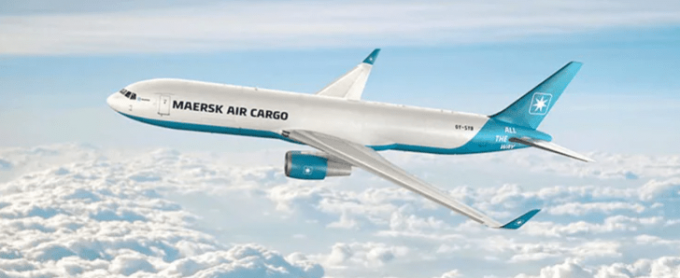FedEx: it sucks out there, forget inventory build-up
One positive: LTL spin-off…

Forwarders may not be so keen, but shippers have welcomed the decision by Maersk and other box lines to offer integrated logistics services, including air freight.
Shippers at Tiaca’s regional symposium in Amsterdam last week claimed a one-stop shop would make it easier for them to switch services when problems arise.
“Box lines have bought forwarders, terminal operators, planes and airlines,” said Denis Choumert, chair of the European Shippers’ Council.
“For us it’s a good thing, because of the level of complexity. They ...
'Disastrous' DSV-Schenker merger would 'disrupt European haulage market'
'Chaos after chaos' coming from de minimis changes and more tariffs
List of blanked transpac sailings grows as trade war heats up and demand cools
Shippers in Asia restart ocean shipment bookings – but not from China
India withdraws access for Bangladesh transhipments, in 'very harmful' decision
'Tariff hell' leaves industries in limbo – 'not a great environment to plan'
Asian exporters scramble for ships and boxes to beat 90-day tariff pause
Temporary tariff relief brings on early transpacific peak season
Pre-tariff rush of goods from US to China sees air rates soar, but not for long
De minimis-induced ecommerce demand slump could cripple freighter operators
Forwarders 'allowing the fox into the chicken run' by supporting 'hungry' carriers
Hapag 'took the bigger risk' when it signed up to Gemini, says Maersk
'Restoring America's maritime dominance' – stop laughing at the back of the class
Navigating tariffs: 'like trying to solve a Rubik's cube while colour-blind'
Marginal gains on east-west ocean container routes in a challenging week

Comment on this article